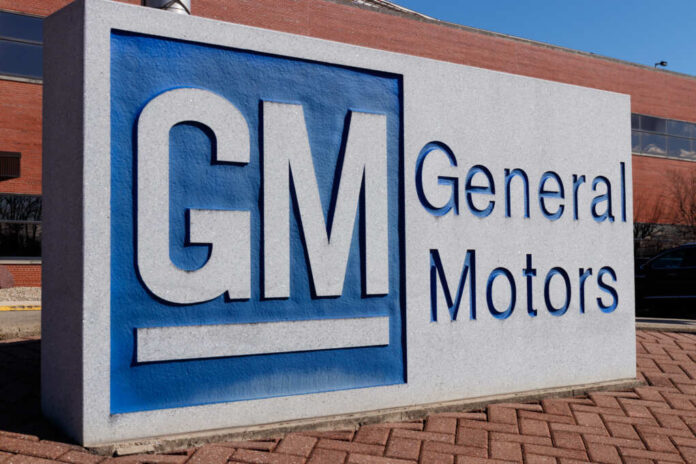
A massive recall triggered by failing V8 engines is shaking consumer faith in General Motors as lawsuits accuse the automaker of long-term coverups.
At a Glance
- GM recalls 721,000 vehicles globally due to defective 6.2L L87 V8 engines
- U.S. recall affects 2021–2024 models including the Escalade, Silverado, and Yukon
- Manufacturing issues in crankshafts and bearings cause sudden engine failure
- Lawsuit claims GM concealed the defect since 2021
- NHTSA records 28,000+ incidents linked to engine failures
A Crisis of Confidence
General Motors is recalling over 1.3 million vehicles worldwide—721,000 of them in the U.S.—to address a potentially catastrophic flaw in its L87 V8 engines. The affected 2021–2024 vehicles include some of GM’s most iconic models: the Cadillac Escalade, Chevrolet Silverado and Suburban, GMC Yukon, and Sierra. The issue centers on internal defects in crankshafts and connecting rods, which may cause sudden engine failure and power loss, as reported by USA Today.
Watch CBS News’ report at GM recalls 600K SUVs, trucks over engine failure risk.
The NHTSA confirmed it has logged over 28,000 field complaints or engine failure incidents in the U.S. alone. GM’s internal review links the defect to machining debris that contaminated the engines during manufacturing—sparking not just technical issues but a legal firestorm.
Lawsuits and Accountability
A class-action lawsuit filed in Michigan federal court claims GM has known since 2021 about the L87’s flaws but withheld that information from the public. Plaintiffs argue the automaker’s silence put thousands at risk. The suit—covering multiple GM brands—alleges failures at high speed and seeks compensation for affected owners, according to Car and Driver.
GM’s past recalls, like the Chevrolet Bolt battery fire hazard, have further damaged its reputation. This latest crisis underscores recurring questions about corporate transparency and consumer safety.
How GM Is Responding
GM is contacting affected customers starting June 9, offering free engine inspections, replacements, or repairs. In cases where engines pass initial checks, GM will apply higher-viscosity oil and update oil caps and filters to mitigate future risk. As noted by GM Authority, 2025 models are exempt due to updated machining protocols introduced mid-2024.
Following the recall news, GM stock dipped nearly 2%, and the company paused $4 billion in share buybacks, according to New York Post.
As GM scrambles to restore trust and meet regulatory demands, customers remain skeptical. Will inspections and repairs be enough to prevent long-term brand damage, or has GM’s claim to dependability already stalled?




















